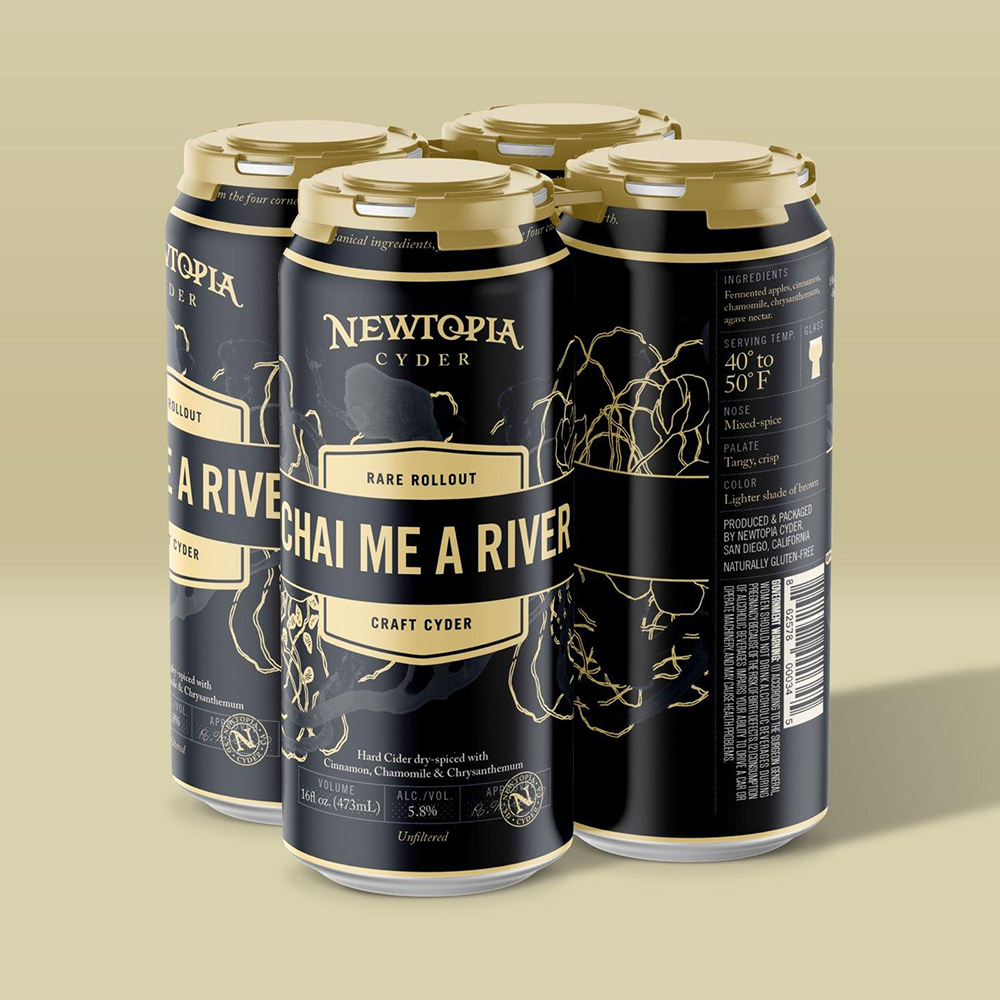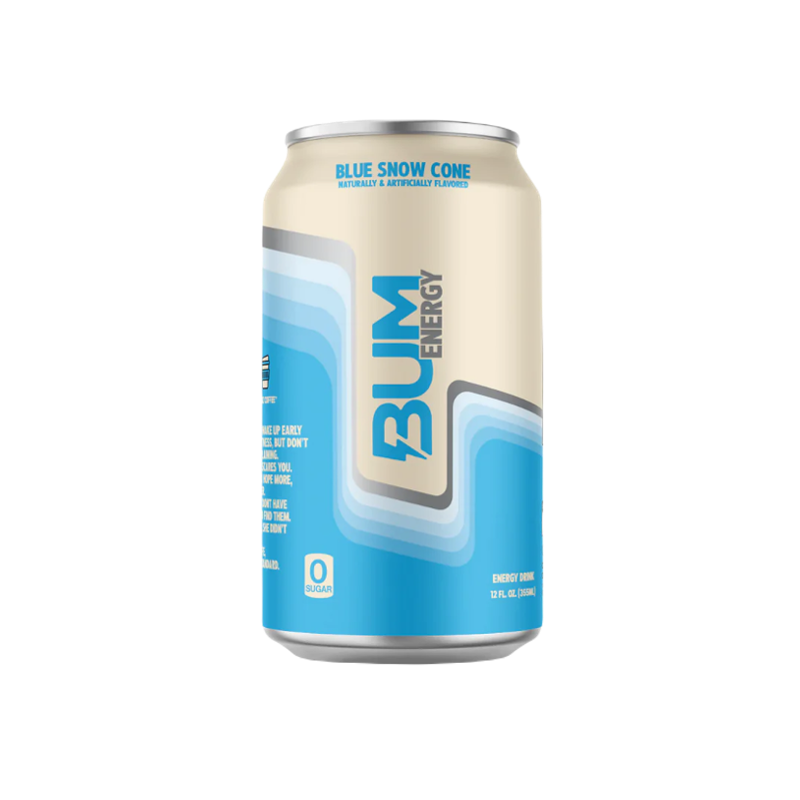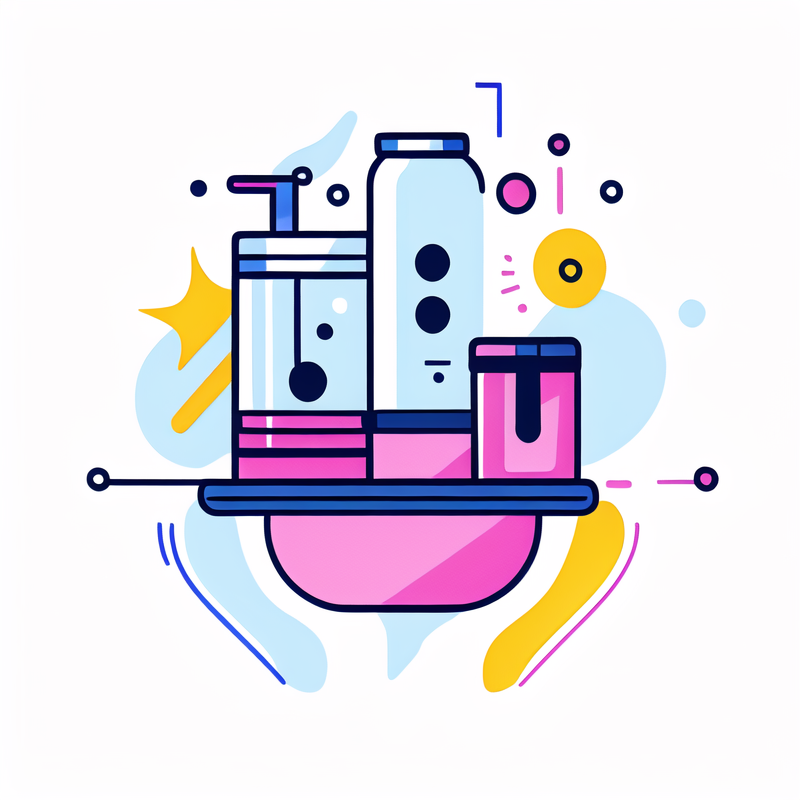The Science of Energy Drinks
Energy drinks don’t work on me! Understanding why energy drinks don’t work on some individuals requires a look at the science behind them. Energy drinks claim to increase alertness and improve physical and mental performance. But what are they made of, and how do they purport to achieve these effects?
Ingredients Commonly Found in Energy Drinks
Energy drinks often contain a mix of caffeine, sugar, B vitamins, amino acids such as taurine, and herbal extracts like ginseng and guarana. These ingredients are known to stimulate the central nervous system. Caffeine, the most active component, can temporarily ward off drowsiness and restore alertness.
However, not all bodies respond to these stimulants in the same way. This can explain why energy drinks don’t work on some people. Each ingredient plays a role, yet how our bodies react to them can vary greatly.
How Energy Drinks Aim to Boost Energy
The main aim is to provide immediate, short-term energy boosts. Caffeine increases adrenaline production, leading to a feeling of heightened energy and alertness. Sugar gives a quick energy spike. B vitamins and amino acids are involved in energy metabolism.
The problem is that these boosts can be fleeting. Some people may not feel the effects due to genetic differences, tolerance buildup, or other factors. Hence, even with the science backing energy drinks, the experience of ‘energy’ is not the same for everyone.
Individual Differences in Metabolism
Understanding individual metabolic differences is key to grasping why energy drinks don’t work on some people. Metabolism refers to how our body converts food and drink into energy. This process varies from person to person due to numerous factors.
The Role of Genetics in Energy Metabolism
Genetics play a crucial role in determining how effectively we metabolize substances like caffeine and sugar. Certain genetic variants can affect the speed and efficiency of our metabolism. This means that for some individuals, the stimulating effects of energy drinks might be less noticeable or entirely absent. Such differences can contribute to the sensation that ‘energy drinks don’t work on me.’
Reasons Why Some People Are Unaffected by Stimulants
Aside from genetics, several reasons exist why stimulants in energy drinks may not work for everyone. Some people might have a naturally higher tolerance to caffeine. Others could be experiencing the diminishing returns of stimulants due to frequent use, thereby reducing the drink’s impact. Additionally, unique physiological factors such as enzyme activity, hormone levels, and neurotransmitter availability also influence one’s response to the ingredients found in energy drinks.
Tolerance and Habituation Effects
One reason why energy drinks don’t work on some individuals could be due to tolerance. Over time, regular consumption of stimulants can lead our bodies to adapt, requiring more to achieve the same effect. This is known as tolerance.
Understanding Tolerance Development
When you frequently drink energy drinks, your body may develop tolerance. This happens because your brain’s chemical receptors become less responsive to stimulants like caffeine. As a result, you might find that energy drinks don’t work on you as they used to. To feel energized, you might need to consume larger quantities or stronger formulations, which is not a sustainable strategy.
The Impact of Regular Consumption on Efficacy
Regular consumption not only leads to tolerance but can also reduce the overall efficacy of energy drinks. As your tolerance increases, the once noticeable effects of energy drinks can diminish, leading to more frequent consumption and potentially a habituation effect. This is a cycle where the regular intake of energy drinks becomes a norm for your body to function ‘normally’, yet without the intended ‘boost’. Ultimately, energy drinks don’t work on me could be a sign of your body’s adaptation to regular stimulant use.

Possible Adverse Reactions to Ingredients
Exploring why energy drinks don’t work on me often leads to the discussion of adverse reactions. Individual tolerances and sensitivities to the components in energy drinks can vary significantly. Adverse reactions might mask any intended energy-boosting effects, leaving some individuals with no noticeable benefits or worse, feeling unwell.
Identifying Sensitivities and Allergies
Some individuals may have sensitivities or allergies to specific ingredients in energy drinks. Ingredients such as niacin, artificial colorings, or flavorings can cause reactions. Signs of sensitivities might include skin rashes, headaches, or digestive distress. These symptoms can easily overshadow any temporary energy boost. Recognizing such sensitivities is crucial for understanding why energy drinks don’t work on me.
Interactions with Medications or Other Substances
Energy drinks can interact with certain medications or substances, leading to diminished effects or adverse reactions. Components like caffeine can interfere with medication absorption or potentiate side effects. If you take medications or other supplements, this interaction could explain why energy drinks don’t work on me. Always consult with a healthcare provider about potential interactions between energy drinks and your medications.
Quality and Quantity of Sleep
Adequate sleep is critical for feeling energized. However, sometimes despite a full night’s slumber, individuals reach for an energy drink in hopes of shaking off lingering fatigue. Exploring the intersection between rest and energy drinks provides insight into why energy drinks don’t work on me for some.
How Lack of Sleep Affects Energy Levels
Insufficient sleep severely impacts your energy levels. When sleep-deprived, your body craves quick energy sources, which might lead to reaching for an energy drink. Yet, these beverages often fail to compensate for the deficits caused by poor sleep. Without enough rest, your brain’s ability to respond to stimulants decreases, making it more likely to feel that energy drinks don’t work on me.

The Influence of Energy Drinks on Sleep Patterns
Ironically, consuming energy drinks can further disrupt sleep patterns. Caffeine, a common ingredient, can stay in the system for several hours, delaying the onset of sleep or causing restless nights. This can create a cycle of sleep disruption and reliance on energy boosts from drinks that ultimately prove ineffective. Therefore, the interaction between energy drinks and sleep quality might be contributing to the sensation that ‘energy drinks don’t work on me’ for some individuals.
Nutritional Factors and Overall Diet
Ingesting the right nutrients is crucial for maintaining high energy levels. A balanced diet, rich in vitamins, minerals, proteins, and carbohydrates, fuels the body consistently throughout the day. When the diet is unbalanced, energy drinks can’t compensate for the lack of sustained nourishment.
The Importance of a Balanced Diet for Energy
A balanced diet is the foundation of sustained energy. It supplies the necessary building blocks for generating ATP, the body’s primary energy currency. Complex carbohydrates, lean proteins, healthy fats, and a variety of fruits and vegetables provide a steady release of energy. When these elements are lacking, energy drinks don’t work on me as well. Their quick-fix approach doesn’t deliver the varied nutrients a balanced diet provides.
Including a mix of whole grains, lean proteins, and healthy fats in every meal helps avoid energy crashes. This way, even if you consume energy drinks, their effect might be more consistent with a stable baseline of energy from food.
How Energy Drinks Can Disrupt Nutritional Balance
Despite the immediate buzz they provide, energy drinks can disrupt nutritional balance. They often contain high amounts of sugar, leading to rapid spikes in blood glucose followed by crashes. This roller coaster effect can leave you feeling more tired once the temporary rush subsides. Additionally, energy drinks might suppress appetite, deterring you from consuming more nutritionally dense meals. Over time, relying on energy drinks can lead to poor dietary choices, shifting away from the natural, whole-food sources that provide true energy.
In conclusion, while energy drinks may offer a temporary energy surge, they do not replace the need for a well-rounded diet. Understanding the limitations of energy drinks and the importance of nutritious eating can help maintain better energy levels and overall health.
Psychological Factors and Placebo Effect
An often overlooked reason why energy drinks don’t work on me could be psychological. Mental state and beliefs play a significant part in how we perceive and react to stimulants.
The Expectation Versus Reality of Energy Drinks
Many people expect instant, significant boosts from energy drinks due to marketing claims. When real-life effects don’t match these lofty expectations, it can foster the belief that energy drinks don’t work. This mismatch also feeds into a psychological phenomenon known as the placebo effect. If you believe the drink won’t help, it’s less likely to have any positive effect.
The Psychological Influence on Energy Perception
Your mindset affects how you process and react to the world, including energy drink effects. A positive outlook can enhance perceived energy boosts, while a skeptic may notice little change. Stress, mood, and attitudes towards health also play roles. For instance, if you’re stressed, the energy drink might seem less effective than when you’re relaxed.
In conclusion, both the body’s physiological responses and the mind’s psychological processes contribute to why energy drinks don’t work for some individuals. Recognizing the power of mindset is crucial to understand the true impact of these beverages on personal energy levels.
